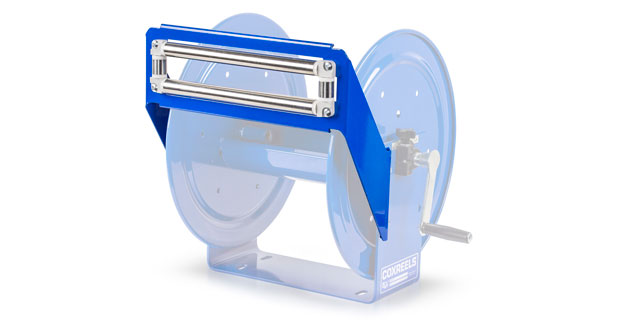EPA WaterSense Partner of the Year shares tips on how to successfully sell efficient irrigation systems.

In October, Taylor Irrigation Service became the first Texas-based irrigation designer/contractor to win the Environmental Protection Agency’s (EPA) WaterSense Partner of the Year Award. The EPA recognized the company for changing its business model by designing and installing irrigation systems that consume as much as 50 percent less water than traditional systems.
John Taylor, director of operations and president of the Houston-based company, decided in 2011 to transition his business from general irrigation services to water-conservation technologies. The change has helped the company differentiate itself from competitors and expand the business.
The process didn’t come without challenges, though. Here, Taylor shares three principles to establishing a profitable irrigation business model focused on conservation.
1: Sell the ROI
It seems every business today in just about any industry is marketing some type of “green” product or service. But actually convincing customers they need sustainable solutions can be a tough sell. Irrigation contractors must demonstrate to customers efficient irrigation can provide a measurable return on investment, Taylor says.
The company performs audits to show customers how much money they can save by adopting smart-irrigation systems, including evapotranspiration rate-based (ET) controllers and drip irrigation. The company backs its auditing services with certifications from the state of Texas and the EPA. Taylor sells systems that cost 40 to 50 percent more than standard technologies, but with the audits he can show customers more efficient irrigation technologies use up to 50 percent less water.
Taylor cautions, however, contractors should not oversell the potential savings. In addition to the property audits, he suggests contractors interview their clients about how they use their irrigation systems because some customers may manage their irrigation schedules better than others.
“How the client interacts with the system is very important because with an ET-based system the controller is making the decisions on its own,” Taylor says. “So if we’re going to forecast the ROI for the client, then we need to have a pretty accurate idea of what the client does with their current system.”
2: Don’t be afraid to refocus your client base
Taylor Irrigation previously sold standard and “Cadillac” smart-irrigation systems. Before the company shifted its focus to water conservation, it regarded the higher-priced, more efficient systems as a luxury for its clients. Now, it’s the only option for customers.
After making the move, the company lost the bottom 25 percent of its client base, Taylor says. But the move opened the door to a new client base that’s capitalizing on the company’s high-efficiency technology.
In addition, the company has gained an advantage over many competitors in the Houston area because it’s positioned itself as an expert in efficient irrigation, Taylor says.
3: Ask your peers for advice
One of Taylor’s most difficult challenges in the beginning was learning how to install and price the new technology. Taylor tried to hasten the learning curve by reading market reports on the best technologies available and providing his staff with training courses.
The company, Taylor admits, learned mostly by trial and error in those first three to six months. He now suggests contractors take advantage of industry resources such as conferences and industry trade magazines to overcome some of the early hurdles.
“One of the best things irrigation contractors can do is go to the industry shows to network and ask other irrigators what they think works,” Taylor says. “You’d be surprised how many great irrigation contractors are out there and available and willing to share information with guys ready to make the same choices. I think if irrigators weren’t so afraid to flat-out ask, they’ll be much better off.”

